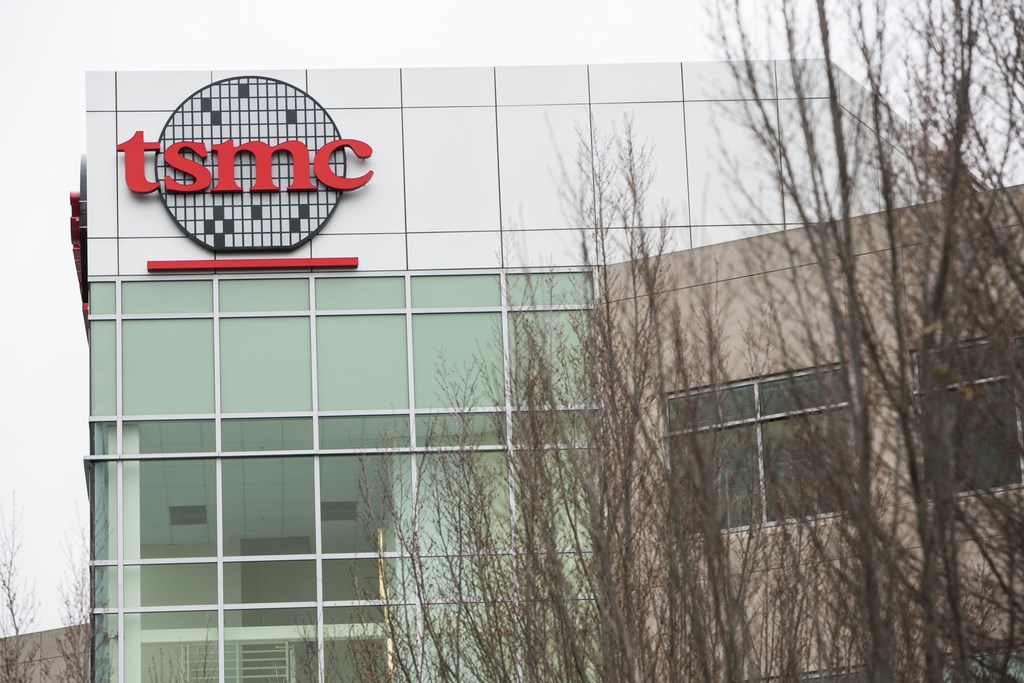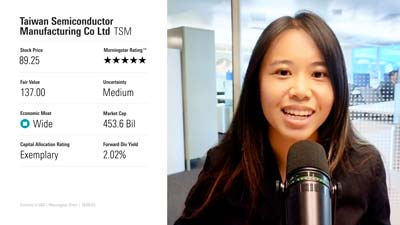Holly Black: Welcome to Morningstar. I'm Holly Black. With me is Phelix Lee. He is an equity analyst at Morningstar in Hong Kong. Hello.
Phelix Lee: Hi, how are you?
Black: So, Phelix, you've been looking at the semiconductor sector, and this has been an interesting area because there has been a lot of shortages of supply. Can you tell us what's going on?
Lee: Right. Sure. So, I think the story will go back to the mid-2020, so back then the automotive industry has got a lot of orders in the first half of the year, but into the second half, which is around July and August, the automakers are surprisingly facing a very strong snapback comeback in demand. So, suddenly all the automakers are scrambling to find the semiconductor chips that they themselves have cancelled the orders earlier in the year. So, this kind of shortage – automotive shortage have been broadening into other areas such as consumer electronics, cameras and other power management devices or even the entire semiconductor industry at large. So, we think that this kind of shortage would last until the middle of next year because of all the backlogs that the chip makers are facing right now.
Black: So, what does this mean for the chip makers? Is it good because there is so much demand or is it bad because they can't fulfill orders?
Lee: It's usually a happy problem in the industry, because when the industry is facing a shortage then they can raise prices really aggressively. So, we've been hearing reports that these chip makers are raising prices by 30% to 40%, so while we can't really ascertain the exact figure, but the trend is correct. So, everyone is raising their prices, so in the short-term it's a good thing.
But looking to the longer term, we would expect some of these chipmakers may over expand their capacity by investing too much into new plants and new facilities. So that's why the semiconductor cycle usually goes through a period of boom and then followed by a period of bust.
Black: So, one of the most well-known company in this space is Taiwan Semiconductor. What is the outlook for that stock in amidst this?
Lee: For Taiwan Semiconductor they are performing a bit differently from their peers. They have been less aggressive at raising prices, unlike their smaller peers like SMIC and United Microelectronics. But in the medium to long-term, we are more bullish on the company because it has a near monopoly or a very significant market share in terms of the very advanced chip making abilities. So, these advanced processors are usually used in smartphones, especially in 5G ones; autonomous driving and other artificial intelligence computing systems.
Black: So TSMC is highly rated by Morningstar analysts, but are there any other chipmakers in the sector that you also like?
Lee: So, in terms of valuation, although the TSMC is the only stock that I'm grading as a 4-star, I think the other chip makers do have some room to improve in the long-term. So, for example, China's SMIC, it's also a good candidate because it is the main beneficiary of a lot of state-driven policies that chip makers would have enjoyed.
Black: Phelix, thank you so much for your time. For Morningstar, I'm Holly Black.












.png)









